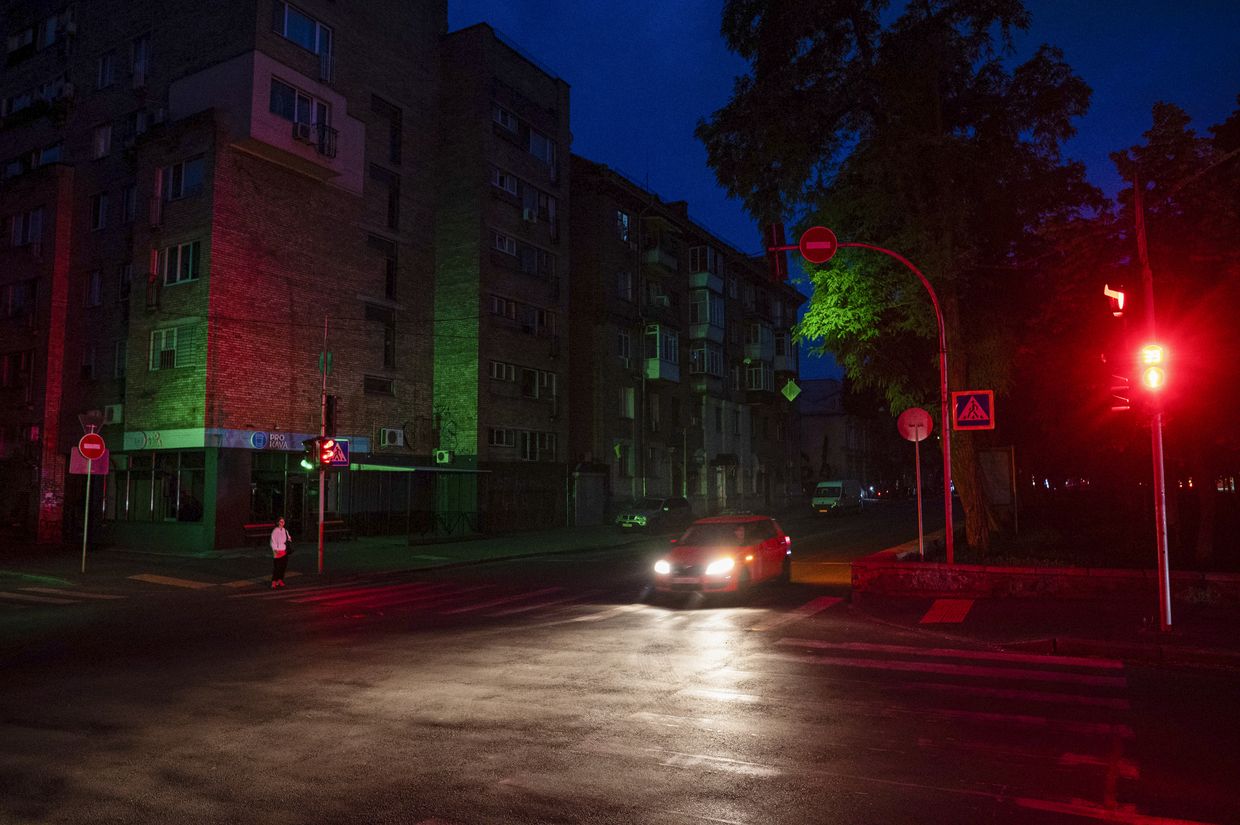Europe too 'reticent' in energy support for Ukraine ahead of winter, IEA chief says

The head of the International Energy Agency (IEA), Fatih Birol, criticized European governments for being too "reticent" in supporting Ukraine's energy sector ahead of winter, the third one since the start of Russia's full-scale invasion in February 2022, The Financial Times (FT) reported on Sept. 20.
Russia launched nine coordinated attacks against Ukraine's electricity infrastructure between March and the end of August, striking facilities in 20 oblasts.
According to the IEA report, Ukraine's electricity shortage could reach 6 gigawatts this winter, which is about one-third of the expected peak demand. This summer, the power shortage was 2.5 GW when Kyiv was already experiencing long blackouts.
"It's time for everybody to understand that this winter could be consequential in Ukraine," Birol told the FT, adding that "this is the most pressing energy security issue today in the world."
According to Birol, the lack of energy resources will affect the work of hospitals, schools, and the water supply and have other "major implications."
Birol said there were "major shortages" of crucial parts, including transformers, grid equipment, and diesel generators. He added that Europe has been too "conservative" in providing Ukraine with additional electricity and could increase exports without jeopardizing European supplies.
European consumers could help by cutting their electricity demand, allowing more power to flow to their eastern neighbor. It would be "a very decent way to show solidarity," Birol said.
The EU will support Ukraine with 160 million euros ($178 million) ahead of winter to improve the country's resilience to Russian strikes on energy infrastructure, European Commission President Ursula von der Leyen announced on Sept. 19.
Around 60 million euros ($67 million) of the EU aid will go toward humanitarian aid such as shelters and heaters. Roughly 100 million euros ($111 million) will be spent on repairing energy infrastructure and developing renewable energy.
EU ambassadors agreed on May 8 to use the windfall profits from frozen Russian assets to fund Ukraine's reconstruction and defense needs. Kyiv is expected to receive roughly 3 billion euros ($3.2 billion) every year, according to earlier discussions.
Von der Leyen will meet with President Volodymyr Zelensky in Kyiv on Sept. 20 to discuss the energy situation and how to spend the EU's 100 million euros ($111 million) allocated to Ukraine.











